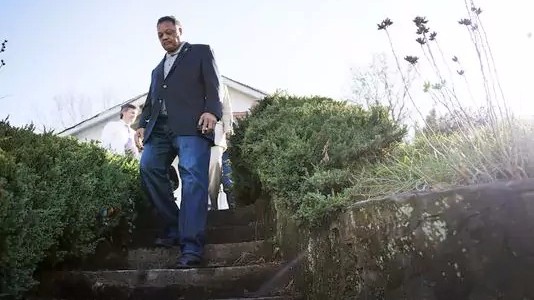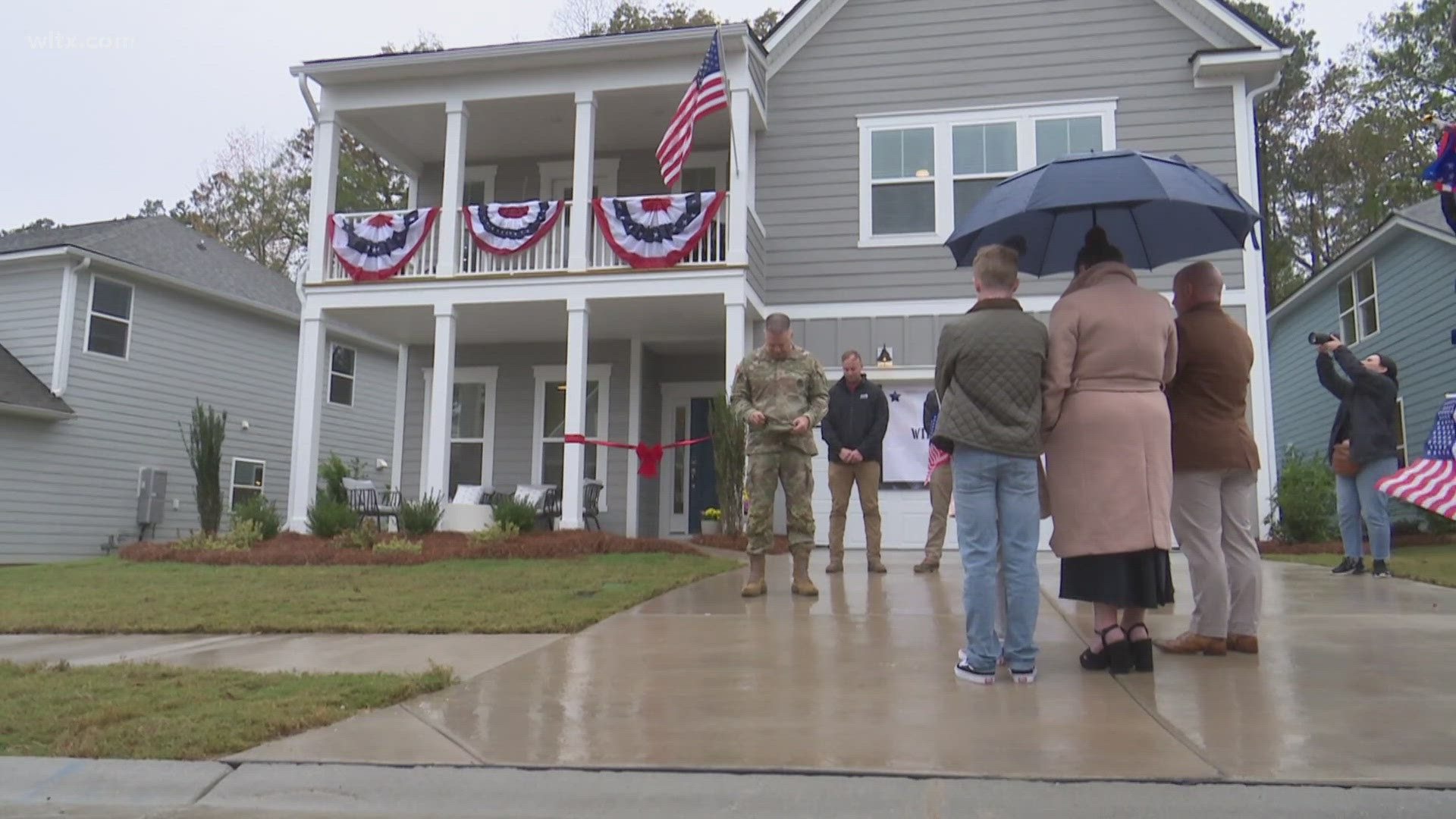The Greenville home where one of the nation's most prominent civil rights leaders was born could become registered as a historic site.
The Rev. Jesse Jackson Sr., the founder of Rainbow PUSH and a two-time presidential candidate, said efforts are underway to get the house at 20 Haynie St. historically preserved.
Jackson was in Greenville this month to attend events honoring the Martin Luther King Jr. Holiday.
While here, he visited his childhood home.
It's also the place where he was born, he said.
"My mother couldn't afford the hospital care so I was born in the house," Jackson said.
The late Helen Burns Jackson was 16 when she gave birth to Jackson on October 8, 1941.
The house is in a West End neighborhood minutes away from Fluor Field and the S.C. Governor's School for the Arts & Humanities.
When Jackson was growing up, the neighborhood "was very poor," he said.
"Yet, we were blessed to come out of there and make a contribution," said Jackson, who is noted for, among many things, his work with the late Dr. Martin Luther King in the Civil Rights Movement.
Jackson has received more than 40 honorary doctorate degrees for his work in human and civil rights and nonviolent social change, according to his bio on the Rainbow PUSH website. He was awarded the Presidential Medal of Freedom in 2009, has acted many times as an international diplomat in a sensitive situation, and frequently lectures at major colleges and universities, the website said.
Having his childhood house become a historic site would be another contribution he's willing to make.
The house is a piece of local, state and national history, he said, and "it can be of value to the community."
Jackson said the house could be a place where people and children -black and white - could come "and see things we've done and places we've been. The sky is the limit."
Supporters of the project began laying some groundwork some time ago.
Longtime Greenville County Council member and civil rights activist Lottie Gibson began working on the project before she died, Jackson said.
Jackson said he has also talked about the effort with Greenville Mayor Knox White, Greenville City Council member Lillian Brock Flemming, and her husband, the Rev. J.M. Flemming, who is president of the Greenville Branch of the NAACP.
"We can look into it, and if it works or doesn't work, it's OK," Mrs. Flemming said. "We'll do what we can."
She also said, "we can have the desire," but the state standards would determine whether or not the house can be designated a historic site.
Brad Sauls, supervisor of Survey, Registration & Grants in the South Carolina Historic Preservation Office, said his office administers and processes properties across the state to be listed on the National Register of Historic Places.
He said his office has not yet been contacted about the effort.
"We make determinations of eligibility on properties," Sauls said. "We frequently work with property owners or other people interested in documenting historic property if they're interested in getting it listed in the National Register.
"We work with them to evaluate whether properties meets the criteria and other requirements for being eligible," he said.
Buildings, sites, structures, districts, and objects are nominated for the National Register. Once the state Historic Preservation Office receives all of the nominations, documentation, required attachments, and meets all of the qualifying requirements, it has to been approved by a Board of Review before it is sent to the National Register of Historic Places office of the National Park Service for final approval, Sauls said.


